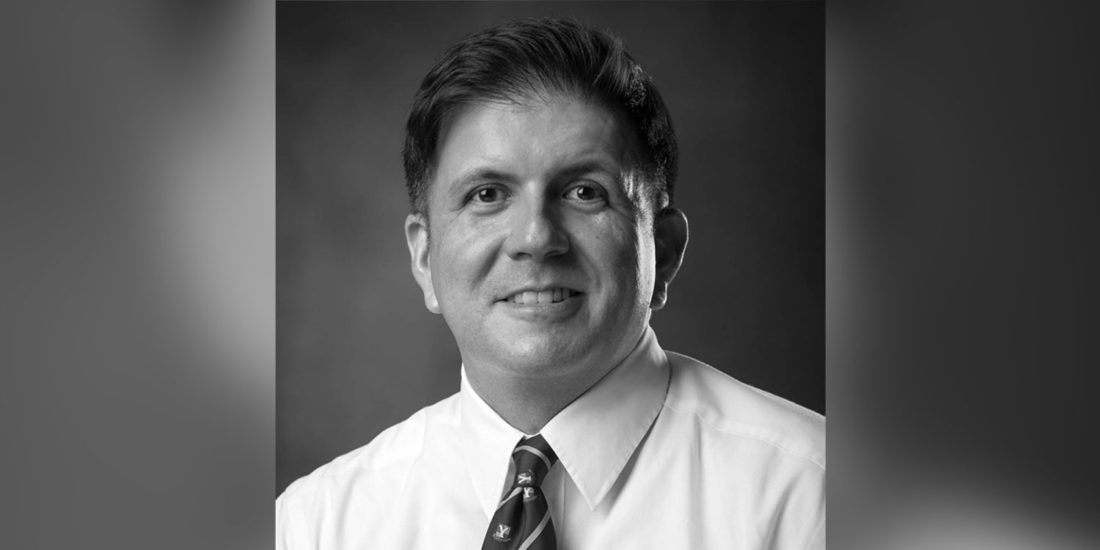Professor Ronald Mellado Miller
ACP2017 Featured Speaker
Brigham Young University – Hawaii, USA
As a Featured Speaker, Dr Ronald Mellado Miller of Brigham Young University, USA, will discuss research that shows how programs and implementations can meet both physical and psychological needs, and how taking into account psychology can enhance humanitarian success and achieve far more than simply extending life, at The Asian Conference on Psychology & the Behavioral Sciences 2017 (ACP2017).
Dr Ronald Mellado Miller received his PhD from Purdue University in Experimental Psychology, US, and is currently a professor at Brigham Young University in Hawaii. Dr Miller’s main interests have been in the area of applied statistical analysis and predictive modelling. As a result, his research and work have been quite eclectic. He has research published in journals ranging from Animal Learning and Behavior, Learning and Motivation, Applied Neuropsychology, TechTrends, and the Archives of Clinical Neuropsychology, out of Oxford University Press, where he has also served as a reviewer. He has worked for a number of major airlines (Fedex, United, US Airways, etc.) in the area of safety. His international projects have ranged from India and the Philippines, where he was able to assist NGOs established to aid those in poverty, to China, where he worked with the largest entertainment company in the country. He has led research in Tonga, Fiji and Samoa, working with governments and NGOs to improve educational and other social outcomes. He has a great love for teaching and mentoring. His students have participated in each of his consulting projects and have been accepted to prestigious schools around the world, including Oxford University, MIT, and Columbia University, among others.
Featured Presentation | A Poverty of Hope: Towards a Psychology of Humanitarian Success
In today’s world, we find that efforts to better the world accomplish much, but, lacking an understanding of psychology and its potential implementations, leave the greater good yet undone. For example, there are many efforts to build schools around the world, but by not supplying committed teachers the building is only a shell for what it could have been. Are the students being given the hope that they will be able to change at least their world and rise to intellectual, social and economic heights? Or is the psychology of hope missing and they feel that while many will be benefited, it will not be for them to succeed? Other examples include curing malaria, but leaving people in both psychological and economic poverty. They will live longer, true, but in poverty, with poor quality of life. While NGOs receive funds, they often do not do the good they aim for because they give things, but do not impart or change the self. A number of studies now show that hope is a powerful predictor of future success. A classic example is that of college students, who are often young, poor, some married with families, and how, though financially and health-wise they are the same, they differ from people who live in inner-city projects. In the students, there is the hope that their current work and poverty will end and they will join the middle class. Those in projects, with similar levels of poverty, lack hope for a better future which leads to greater crime, depression and drug abuse. This talk concerns the research that shows how programs and implementations can meet both physical and psychological needs, how taking psychology into account can enhance humanitarian success and achieve far more than simply extending life. Psychology, so implemented, can make life worth living.

